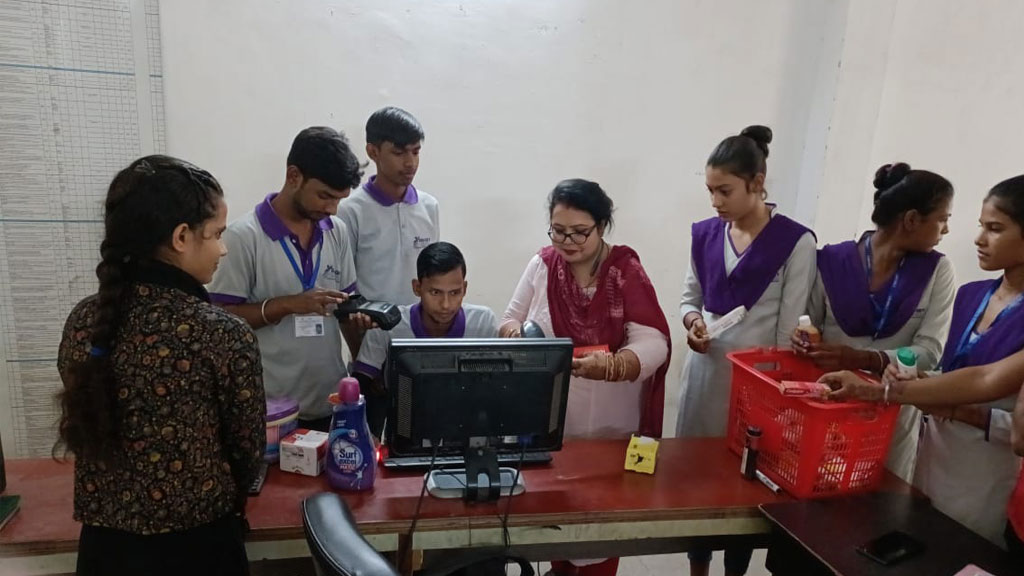Introduction:
Corporate Social Responsibility (CSR) has evolved over the years from a mere buzzword to a pivotal aspect of how businesses operate. Today, companies recognize the significance of giving back to society and making a positive impact beyond their bottom line. One area where CSR has been making a profound impact is education. In this blog, we will delve into how CSR initiatives are transforming the world of education, creating a brighter future for all.
The Role of CSR in Education
CSR in education refers to the efforts made by corporations to improve the quality of education, promote equal access, and enhance the overall learning experience. These initiatives encompass a wide range of activities, from funding scholarships and building schools to providing access to digital resources and mentoring programs. Here’s a closer look at how CSR is making a difference in education:
1. Bridging the Education Gap
One of the most significant challenges in the field of education is the stark gap in access to quality learning opportunities. CSR initiatives often target underserved communities and marginalized groups. By supporting the construction of schools and providing scholarships to disadvantaged students, corporations are bridging this education gap, ensuring that more children have the chance to pursue their dreams and unlock their potential.
2. Enhancing Educational Infrastructure
CSR initiatives are not limited to monetary contributions. Many companies are actively involved in improving educational infrastructure. This includes building classrooms, libraries, and laboratories, which have a direct and lasting impact on the quality of education. Such contributions play a pivotal role in fostering an environment conducive to learning and innovation.
3. Promoting Digital Literacy
In today’s digital age, access to technology is crucial for a well-rounded education. CSR initiatives often focus on providing students with access to computers, the internet, and digital learning resources. These investments help bridge the digital divide, enabling students to develop essential digital literacy skills that will serve them in the future job market.
4. Supporting Teacher Development
Teachers are the backbone of the education system. CSR initiatives frequently invest in teacher training programs, workshops, and resources to help educators improve their skills and deliver a higher quality education. Well-trained teachers are better equipped to inspire and empower the next generation.
5. Encouraging Innovation
Innovation in education is critical for staying relevant in an ever-evolving world. CSR initiatives often support research and development in education, encouraging the creation of innovative teaching methods, learning tools, and technologies. These advancements help keep education dynamic and adaptable to changing needs.
6. Fostering a Lifelong Learning Culture
CSR initiatives are not limited to primary and secondary education; they also extend to higher education and adult learning. By offering scholarships, grants, and vocational training programs, corporations enable individuals to pursue lifelong learning, enhancing their skills and employability.
The Impact of CSR in Education
The impact of CSR initiatives in education is profound and far-reaching. It transcends individual students and communities, ultimately contributing to a more educated and skilled workforce, a stronger economy, and a more equitable society. Companies that engage in these initiatives benefit as well, by creating a positive brand image, strengthening employee morale, and fostering a sense of purpose among their workforce.
Conclusion
CSR initiatives in education exemplify the idea that businesses can be a force for good. By investing in education, corporations are not only nurturing the next generation but also sowing the seeds of a brighter and more prosperous future. As the world continues to change, the role of CSR in education will remain a crucial component of shaping a more inclusive, innovative, and knowledgeable society. Together, businesses and educational institutions can work hand in hand to create a better world through the power of education.
- By admin

